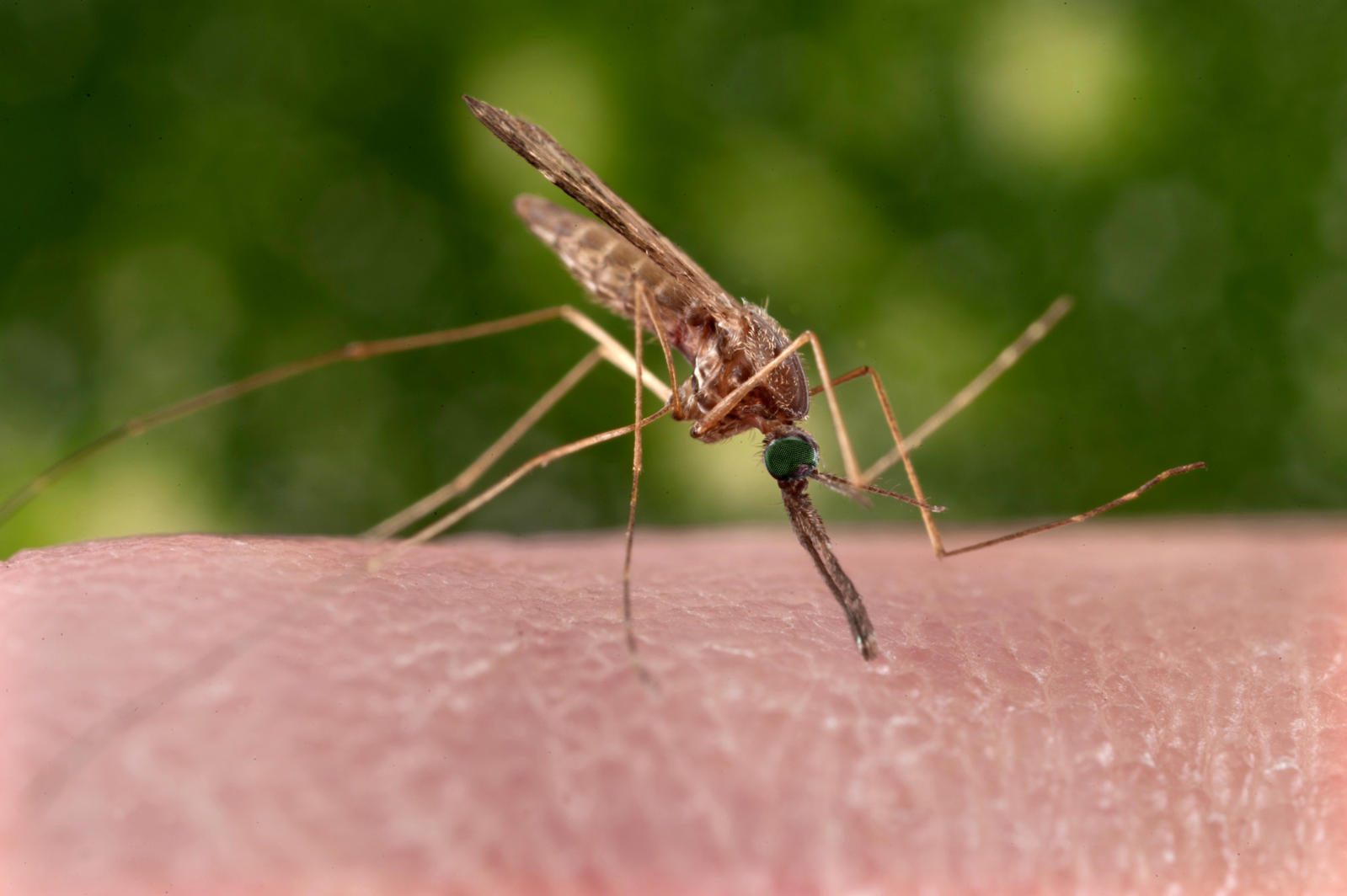The Gift of Life: One Pint At A Time
As we wrap up National Blood Donor Month, let us take a moment to appreciate all our heroes without capes who have saved countless lives by the altruistic act of giving their blood.

Blood donation is a vital aspect of healthcare that plays a crucial role in saving lives and maintaining the overall well-being of communities. This selfless act involves voluntarily giving a fraction of one’s blood, which can then be used in various medical emergencies and treatments. Simple as this process may seem, it is the bedrock of modern healthcare. Without blood, emergency medicine would be nearly impossible. Likewise, surgery relies heavily on the availability of blood or its products to replenish lost supplies during operations.
Beyond emergencies, blood donation is vital for individuals undergoing medical treatments such as cancer therapy, organ transplants, and chronic illnesses. Maintaining an adequate blood supply also ensures that healthcare systems can respond promptly to major unforeseen circumstances, such as natural disasters or mass casualty events.
The Process
The process of blood donation is safe and straightforward. Donation typically involves:
- Registration and Screening: Donors provide basic information and undergo a screening process to ensure their eligibility. This includes assessing eligibility factors such as age (18 to 65), weight, health history, menstrual history, and recent travel.
- Health Check: Before donating blood, donors receive a quick health check to ensure they are in good physical condition. This step helps prevent any potential risks to the donor or the recipient.

- Donation Process: The actual donation is a quick and painless procedure. Blood is drawn through a sterile needle into a blood bag, and the volume collected depends on the type of donation (whole blood, plasma, or platelets), but the maximum recommended amount is one pint (about 500mls). The entire process usually takes about 15 to 30 minutes.
- Post-Donation Care: After donating, donors are provided with refreshments to help their bodies recover. It’s essential for donors to take a few minutes to rest before resuming normal activities.
Benefits of Blood Donation
- Personal Health Benefits: Regular blood donation has been associated with certain health benefits for the donor, including a reduced risk of cardiovascular diseases and lower iron levels. Studies have shown that the risk of cancer was significantly reduced for those who donate blood up to 2 times a year compared to those who do not. It has also been found that the donation of a single pint of blood is equivalent to burning up to 650 calories! Of course this does not mean frequent donations will produce a summer body, but it is certainly a benefit regardless.

- Community and Social Impact: Blood donation fosters a sense of community and social responsibility. Knowing that a single donation can save multiple lives creates a shared commitment to the well-being of others.
- Raising Awareness: Blood donation in itself helps to raise awareness about the constant need for blood and the impact it can have on individuals and communities. Simultaneously, increased awareness encourages more people to become regular donors.
Challenges and Solutions
Despite its importance, blood donation faces several impediments in the form of misconceptions, fear, and a shortage of donors. Addressing these challenges requires deliberate effort to educate the public, alleviate fears, and make the donation process more accessible through:
- Education and Awareness Campaigns: Implementing widespread educational campaigns to dispel myths and misconceptions surrounding blood donation is crucial. Providing accurate information can help people understand the safety and importance of the process.
- Mobile Blood Donation Units: To make blood donation more convenient, mobile units can be set up in various locations, such as workplaces, community centres, and educational institutions. This approach eliminates barriers related to transportation and time constraints involved in going to the hospital/blood bank.

In Nigeria today, up to 80% of maternal mortality is linked to a shortage of blood. Currently, the nation’s healthcare systems operate on only 27% of the annual demand for blood. The act of giving blood is synonymous with giving life, and a profound testament to human compassion and the desire to make a positive impact on the lives of others.
If you have never donated before, please consider becoming a regular blood donor today by visiting your local blood bank. You can also contact NGOs such as The Blood Drive Network to find out how and where you can donate blood.
Join the ranks of noble men and women saving lives today, one pint of kindness at a time.
Opeolu Oreoluwa



Thank you so much UIMSA Press for this article to raise awareness on regular voluntary blood donation as a corporate social responsibility ????.
And thank you Oreoluwa for mention of The BloodDrive Network as a go to resource for willing donors who want to commit to regular voluntary blood donation and don’t know how or need support. On behalf of the entire donor community of TBDN, we are grateful that our efforts over the past years are both seen and heard by prolific writers like you, helping us spread the message even more via written media.
Thank you again ❤️????. Let’s keep saving lives one pint at a time.